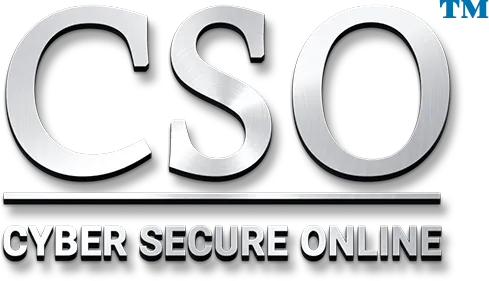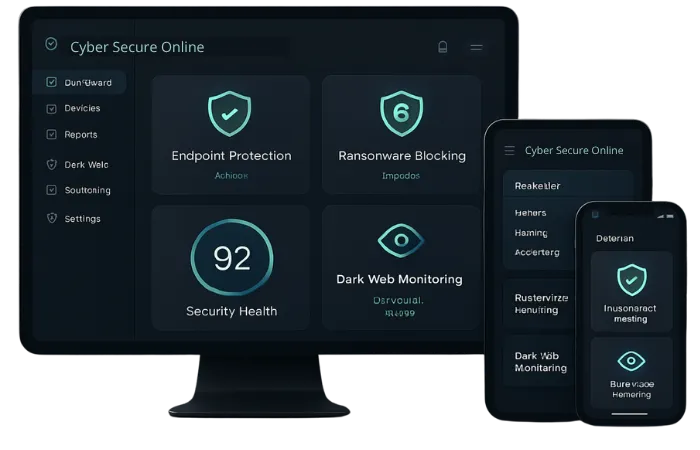1-888-988-5567
Compliance Certifications
Essential Guide to United States Compliance Certifications and Regulations
Acronym
Full Name
What They Specifically Protect
Relevance to Your Company
DFARS
Defense Federal Acquisition Regulation Supplement
Protects controlled unclassified information (CUI) in non-federal systems and networks.
Mandatory for contractors and subcontractors dealing with the Department of Defense (DoD). Ensures the protection of sensitive defense-related information.
CMMC
Cybersecurity Maturity Model Certification
Ensures the protection of controlled unclassified information (CUI) within the Defense Industrial Base. Includes cybersecurity requirements and maturity levels.
Essential for DoD contractors, directly impacting your eligibility for contracts by demonstrating your cybersecurity maturity and protection capabilities for CUI.
CTA
Corporate Transparency Act
The CTA, integral to the Anti-Money Laundering Act of 2020, aims to shield U.S. businesses from being misused for money laundering, terrorist financing, and other illicit activities. It mandates enhanced reporting to FinCEN to increase transparency and deter criminal exploitation of corporations and LLCs.
The Corporate Transparency Act (CTA) is essential and relevant for: Small to Medium-Sized Businesses (SMBs) across various industries that are structured as corporations, limited liability companies (LLCs), or similar entities requiring registration in the United States.
FISMA
Federal Information Security Management Act
Ensures the security of digital information and protects against data breaches, with guidelines for managing information security.
Relevant for any company contracting with federal agencies, requiring adherence to NIST standards for information security.
FedRAMP
Federal Risk and Authorization Management Program
Standardizes security assessment and monitoring for cloud products and services used by U.S. federal agencies.
Critical if your company provides cloud services to the government, ensuring secure cloud environments and data protection.
NIST
National Institute of Standards and Technology
Standards and guidelines, including the NIST Cybersecurity Framework, for improving cybersecurity across all sectors.
While not a certification, adherence to NIST standards (like SP 800-171 for protecting CUI) is critical for businesses involved in government contracting or looking to improve their cybersecurity posture.
PCI DSS
Payment Card Industry Data Security Standard
Protects cardholder data and secures credit card transactions.
Relevant for businesses that process, store, or transmit credit card information, not limited to government contracts but essential for secure financial transactions.
Comprehensive Guide to United States and International Compliance Certifications and Regulations
Acronym
Full Name
What They Specifically Protect
Relevance to Your Company
APRA
Australian Prudential Regulation Authority
Financial industry regulations in Australia.
Relevant to financial services and insurance companies operating in or with Australia.
CCPA
California Consumer Privacy Act
Consumer privacy rights and data protection in California.
Applies to businesses worldwide handling personal data of California residents.
CMMC
Cybersecurity Maturity Model Certification
Ensures the protection of controlled unclassified information (CUI) within the Defense Industrial Base. Includes cybersecurity requirements and maturity levels.
Essential for DoD contractors, directly impacting your eligibility for contracts by demonstrating your cybersecurity maturity and protection capabilities for CUI.
CPRA
California Privacy Rights Act
Expands the CCPA, enhancing consumer privacy rights in California.
Affects businesses processing California residents' data, offering more control over personal information.
FISMA
Federal Information Security Management Act
Ensures the security of digital information and protects against data breaches, with guidelines for managing information security.
Relevant for any company contracting with federal agencies, requiring adherence to NIST standards for information security.
FedRAMP
Federal Risk and Authorization Management Program
Standardizes security assessment and monitoring for cloud products and services used by U.S. federal agencies.
Critical if your company provides cloud services to the government, ensuring secure cloud environments and data protection.
GDPR
General Data Protection Regulation
Protects personal data within the EU and EEA.
Mandatory for companies operating in or dealing with data from the EU, regardless of location.
GLBA
Gramm-Leach-Bliley Act
Financial institutions' customer information privacy and security.
Essential for financial services handling personal financial information in the U.S.
HIPAA
Health Insurance Portability and Accountability Act
Protects sensitive patient health information.
Applies to healthcare providers, payers, and their business associates in the U.S.
HITECH
Health Information Technology for Economic and Clinical Health Act
Expands HIPAA's data protection and breach notification requirements.
Relevant for entities covered by HIPAA, introducing stronger data security obligations.
ISO/IEC 27001
International Organization for Standardization/International Electrotechnical Commission 27001
Information security management systems.
Essential for organizations aiming for a systematic and structured approach to managing sensitive company and customer information.
NIST
National Institute of Standards and Technology
Standards and guidelines, including the NIST Cybersecurity Framework, for improving cybersecurity and risk management across all sectors.
While not a certification, adherence to NIST standards (like SP 800-171 for protecting CUI) is critical for businesses involved in government contracting or looking to improve their cybersecurity posture.
PCI DSS
Payment Card Industry Data Security Standard
Protects cardholder data and secures credit card transactions.
Relevant for businesses that process, store, or transmit credit card information, not limited to government contracts but essential for secure financial transactions.
PIPEDA
Personal Information Protection and Electronic Documents Act
Protects personal information in the private sector and electronic documents for commercial activities.
Applies to organizations collecting, using, or disclosing personal information in Canada.
SOX
Sarbanes-Oxley Act
Financial reporting and fraud prevention in public companies.
Mandatory for all public companies in the U.S., ensuring transparency in financial disclosures.
VCDPA
Virginia Consumer Data Protection Ac
Consumer privacy and data protection similar to CCPA, but for Virginia.
Applies to businesses that control or process personal data of Virginia residents, regardless of the business location.
Notes on Order of Criticality:
The criticality of a certification can vary based on the specific nature of your business and the data you handle. For instance, DFARS and CMMC are highly critical for defense contractors, while HIPAA would be a top priority for a healthcare provider or business associate.
FedRAMP is particularly relevant for cloud service providers to the government, underlining the importance of secure and reliable cloud services.
Adherence to NIST guidelines and standards is a common requirement across many federal contracts and is a foundational aspect of cybersecurity governance.
FISMA applies broadly to any provider handling federal data, emphasizing the importance of robust information security practices.
PCI DSS, while not government-specific, is critical for any entity handling payment card transactions and is fundamental for maintaining financial security and trust.
Book Your Free Consult & Assessment
Start your security journey with a real conversation—no forms, no sales scripts.
When you reach out, a cybersecurity expert will work with you to truly understand your business or personal security needs.
We listen first and answer your questions, making sure Always-On Guard is a fit for you (not the other way around).
No credit card required. No pressure. Just practical guidance.
Step 1: Free Consultation
Call (972) 777-5572 or click the button below...
Enjoy a real, live conversation with our team—
tailored to your specific situation.
Step 2: Personalized Assessment
If you’re a match, we’ll walk you through a quick, 10-question assessment to pinpoint your cybersecurity needs. This isn’t a generic web form—it’s a guided, expert process.
Step 3: Free 14-Day Trial Onboarding
Once you complete your assessment, our team will schedule and guide your risk-free 14-day onboarding trial—so you can experience full protection, with zero commitment.
Call +1 866-943-5763 or click the button below...
LEARN MORE
MSP • vCISO • PARTNER INFORMATION
Fortifying Digital Frontiers: Your Bridge Over Cyber Breaches
© 2026 Cyber Secure Online LLC | All Rights Reserved






